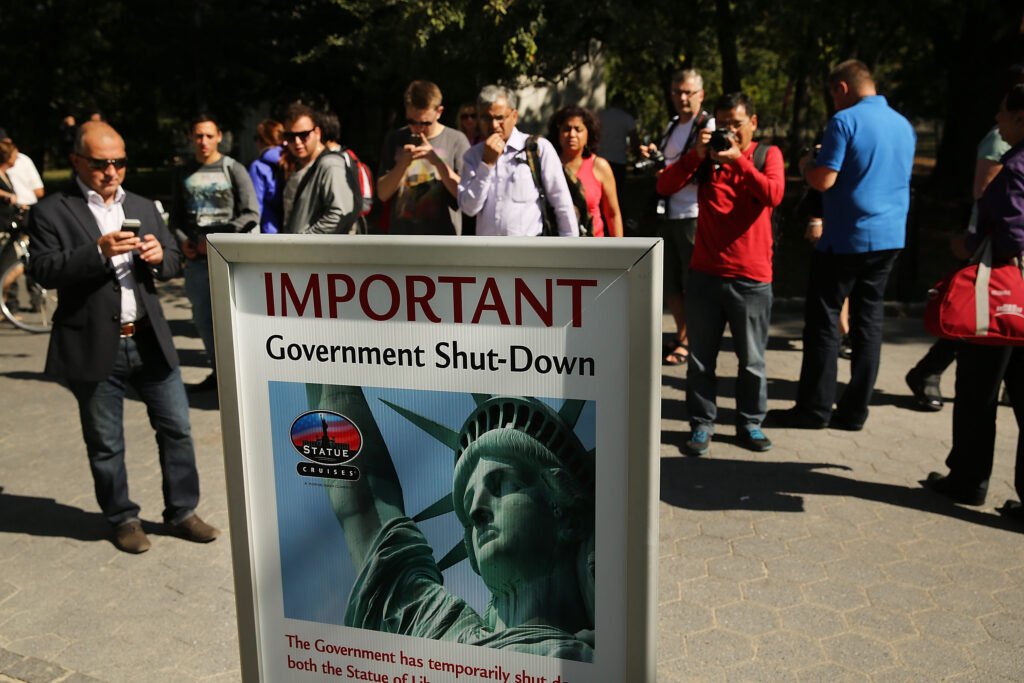The “Faith-Based Advisory Board” being considered by the Tucson Unified School District is unnecessary and unconstitutional.
The district recently attempted to establish a “Faith-Based Advisory Board” to allow religious leaders to intervene in district affairs. It announced that the establishment of the commission had been postponed due to concerns that it would “deviate from its secular and religious neutrality.” Those concerns should have led to the rejection of the proposal. Unfortunately, this announcement indicates that the district is currently discussing the committee’s next steps.
The district’s creation and collaboration of committees made up of religious leaders and organizations raises serious First Amendment concerns. It is inappropriate and unconstitutional for school districts to enter into special partnerships with religious leaders. This indicates an illegitimate preference for religion and the privilege of religious practitioners.
Our public schools exist to educate, not to indoctrinate.
The Arizona Constitution emphasizes: agency” (Article 2 Section 7). Still, the district is considering creating an advisory committee that requires tests that are religious in nature.
The whole purpose of faith-based commissions is to give religious oversight to our secular public schools, which is inappropriate.
Public schools must be open to all visitors and welcome students, parents, teachers and staff of all faiths. The same is true for district-sponsored committees. Members of the religiously based community are free to provide feedback and get involved in the school district in the same way that all community members and organizations can. No special committee needs to amplify their voice over other committees. If the school district is seeking advice, it should create a “blue ribbon” committee made up of experts in a variety of areas of education and have clear objectives regarding the advice sought.
As the courts have regularly ruled for 75 years, it is well settled that public schools must not show religious favor or coerce people to believe or join a religion.
“Schools are not allowed to sponsor religious messages because it … sends a secondary message to non-adherents that ‘they are outsiders and not full members of the political community,’ while advocates Because they send an accompanying message that they are insiders and supported members of the political community. ,” quotes the U.S. Supreme Court. It also states that public schools have a duty to separate them from religion. “The preservation and transmission of religious beliefs and worship is a responsibility and a choice entrusted to the private sphere.
Even if the committee included non-Christians, it would exclude non-religious people and send a message that favors religion over non-religion. Nationwide, nearly one-third of adults are atheists, agnostics, or “nothing in particular.” I’m a person. Pew Research Center. 31 percent Adults in Pima County More importantly, according to the Public Religion Research Institute: Over a third of Gen Z (born after 1995) has been identified as irreligious, according to the American Survey Center. The Freedom From Religion Foundation is encouraged that the district is listening to community concerns and urges them to go further and abandon this constitutionally and socially problematic proposal altogether. .
If the district actually knows there is a problem with the committee, why is the district still considering it? , should not provide special privileges and access to religious groups.







